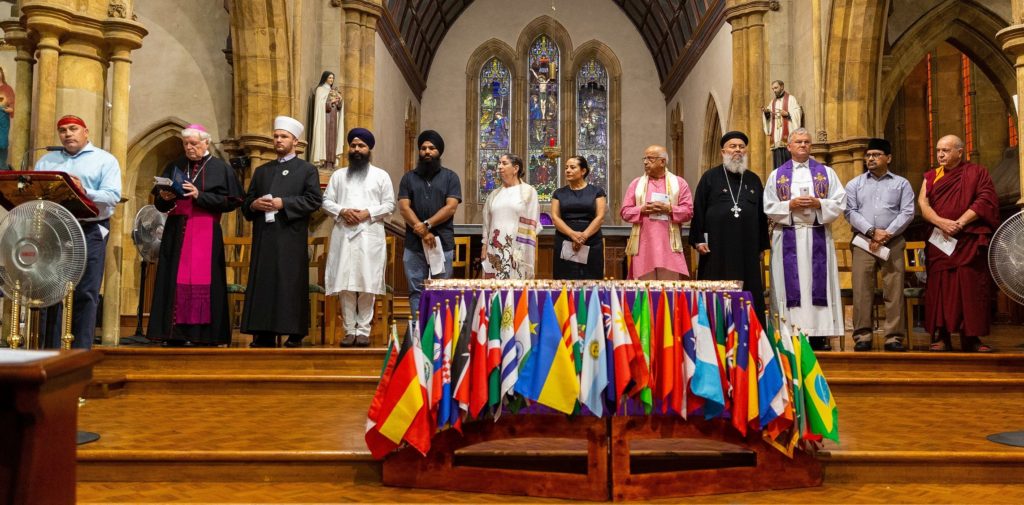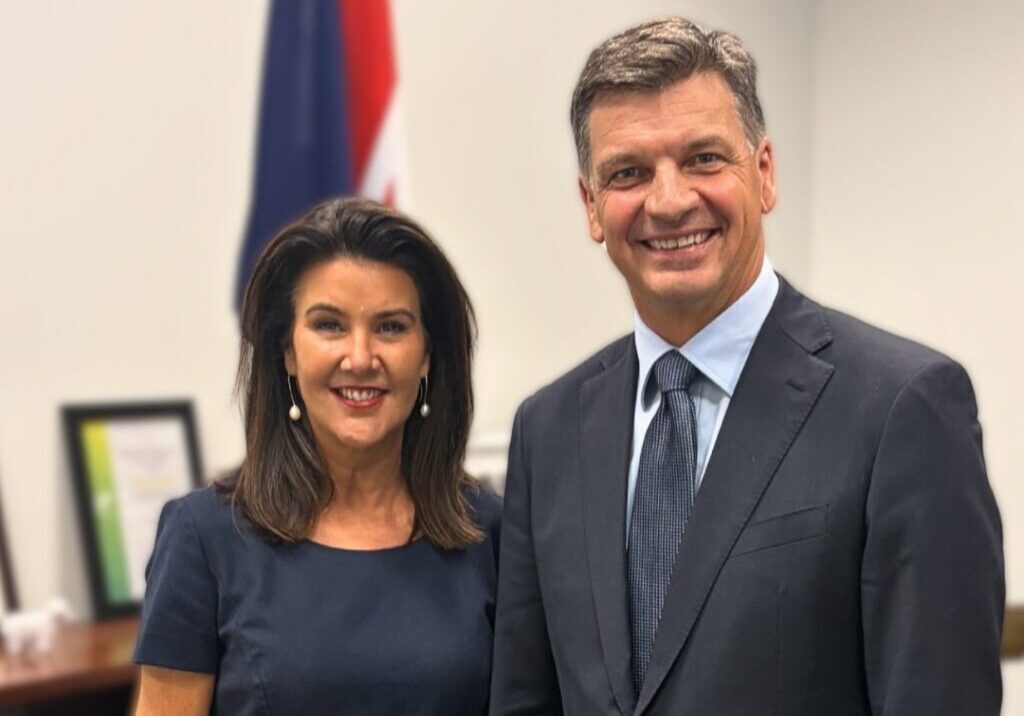Australia/Israel Review
The Last Word: From Rites to Rights
Sep 27, 2019 | Jeremy Jones

The place of religion in Australian society has been widely discussed, and hotly debated, over the past few years.
In the public discourse, postal plebiscite and legislative process leading to the change in the definition of marriage, the question of what was legitimate and worthy of a hearing divided the commentariat.
The controversy regarding the reaction of Rugby Australia to the social media activity of one of its most high-profile employees provided a sharp edge to this discussion.
Internationally, the issue of religious freedom is very much on the agenda of human rights organisations.
Majority religions oppressing minorities is nothing new. For millennia, various religious groups have found a variety of ways of ensuring those they see as rivals – as well as those whom they hold in contempt – become unattractive alternatives for anyone making a choice of religious affiliation.
Modern Australia has developed as a multi-religious society in which followers of many creeds, and none at all, have enjoyed a comfortable co-existence.
It is not that things have been perfect. I have, on a number of occasions in the past, drawn attention to areas of conscious or unconscious discrimination, as well as bullying or harassment directed toward followers of one faith or another.
At the time the Australian Government adopted legislation on racial hatred, consideration was given to including religion, along with ethnicity, national origin and the like, given the centrality of religion to the identity of many Australians.
Religion was not included – and the question of how to best allow individuals who were affiliated with a religious denomination the ability to enjoy the right to freedom to be themselves, without harassment or discrimination, was left unresolved.
In my many discussions on the subject this year, a simple picture has emerged.
Many religious people simply want to be able to believe what it is they believe and carry out associated rituals, without wishing to cause offence to anyone else.
They want to be able to have their children understand the religious aspect of their identity and teach their ethics and understandings to future generations.
They don’t ask for any special favours based on whatever religion they follow, but also do not want to be denied something on offer to others simply because of their faith.
Many religious people I have spoken to are fully aware of the vast spectrum of beliefs and practices within, let alone between, different religions. They shudder at the suggestion that a civil official will be given authority to determine what is or is not a reasonable way to observe the tenets of their faith.
A number of faiths have, as a core belief, that there is only one, or at best a small number, of paths to heaven, a positive reincarnation or a good life on earth. They want to have the opportunity to let others hear about these beliefs, from a place of genuine love and compassion.
Some will see it as a religious right to defame and demean followers of other religions, but in open and diverse Australia, there are and should be limits on racism, defamation and vilification of others based on their beliefs or identity.
I do not purport to speak on behalf of the Jewish community, let alone the broader community of Australian adherents of our many religions. However, I have a growing sense that Australians for whom religion is an essential part of our identity are conflicted on the utility, benefit and/or harm in the current raft of legislative proposals.
There is a traditional Jewish prayer for political leaders, where we hope that they are given the wisdom and compassion to allow them to serve the people well.
This prayer is being echoed across the wider Australian community as our parliamentarians grapple with subject matter which effects the integrity of so many Australians’ abilities to enjoy basic freedom to be who they are and live as they believe a good person should.
Tags: Australia






